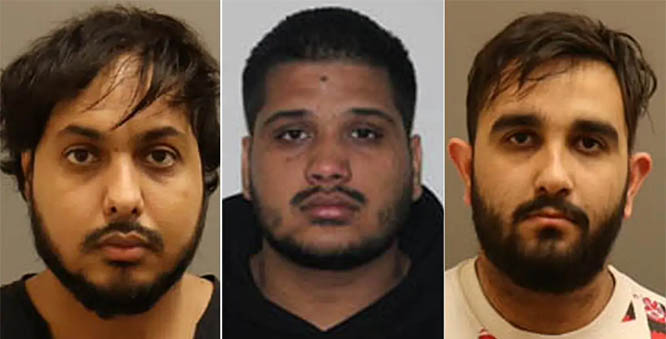Jaipur, Dec 7: Over 72 per cent of the 4.74 crore registered voters had cast their vote by 5 pm in Rajasthan where elections were held on Friday for 199 of the 200 assembly seats.
The exit polls for Rajasthan, which has switched governments every election, show Congress ahead though what people have decided will be revealed only on December 11 when the votes are counted.
Two exit polls predict a Congress win. The India Today-Axis My India predicts a range of 119 to 141 seats for the Congress, good to unseat the BJP’s Vasundhara Raje; its gives the BJP 55-72 seats. A party needs 100 seats in the 200-member assembly in Rajasthan, where elections were not held on one seat because a candidate died.
The Times Now-CNX survey too predicts a majority for the Congress at 105 seats, with 85 for the BJP.
The Republic Jan Ki Baat poll, however, predicts a close contest with BJP bagging 83-103 seats against 163 of 2013 and the Congress 81-101 against 21 it got in 2013.
The election in Rajasthan is primarily a bi-polar one between the Congress and the BJP. The Congress is contesting on 195 seats and gave five seats to its allies - two each to Sharad Yadav’s Loktantrik Janata Dal and Ajit Singh’s Rashtriya Lok Dal, and one to Sharad Pawar’s Nationalist Congress Party (NCP).
The BJP is contesting on its own in all seats. Hanuman Beniwal’s Rashtriya Loktantrik Party and Bharatya Tribal Party have put candidates in several segments and may impact a few seats in their areas of influence.







Comments
Add new comment